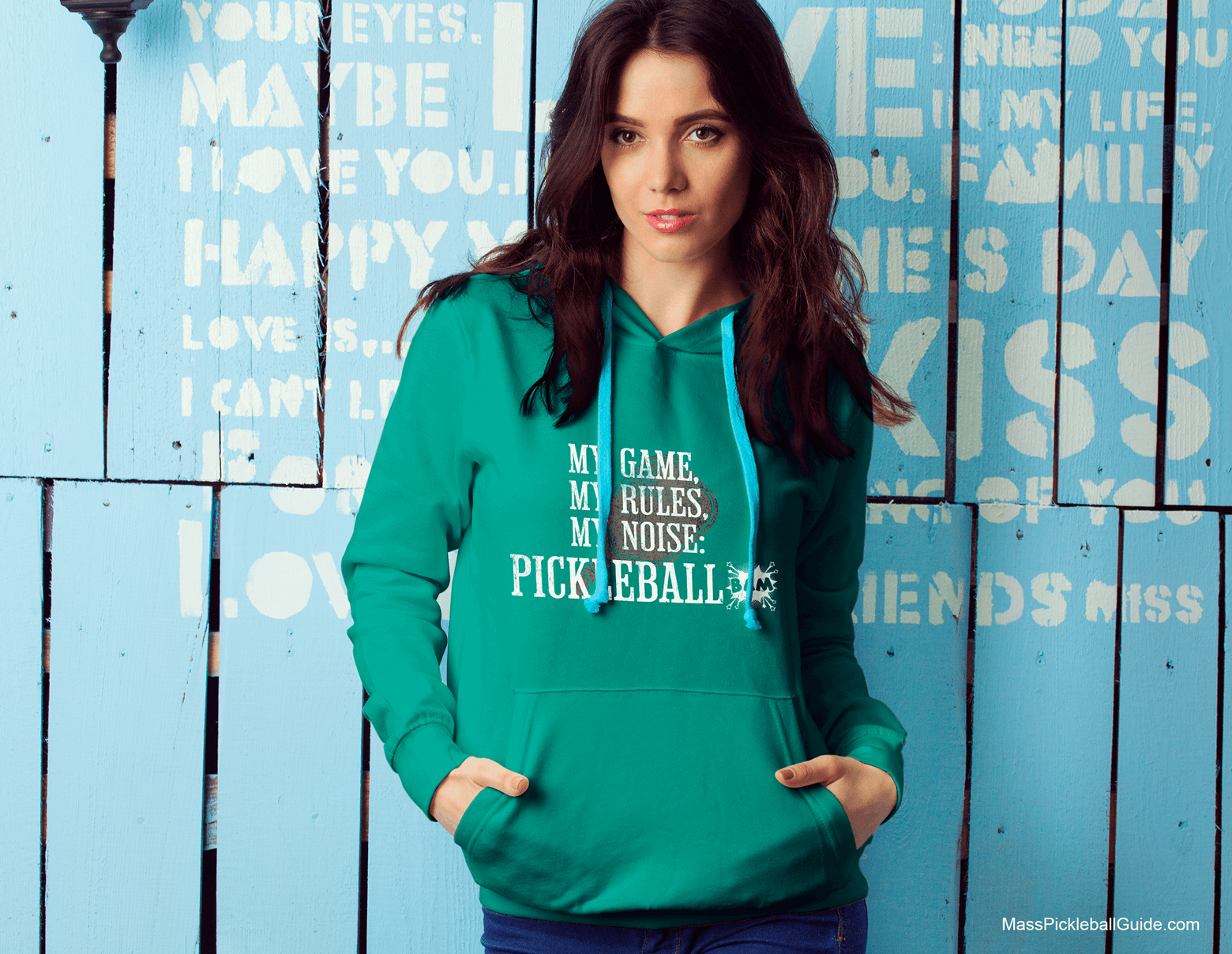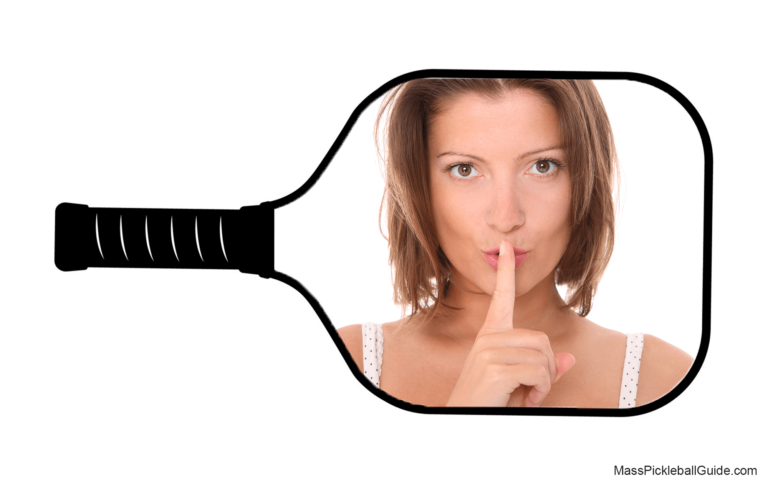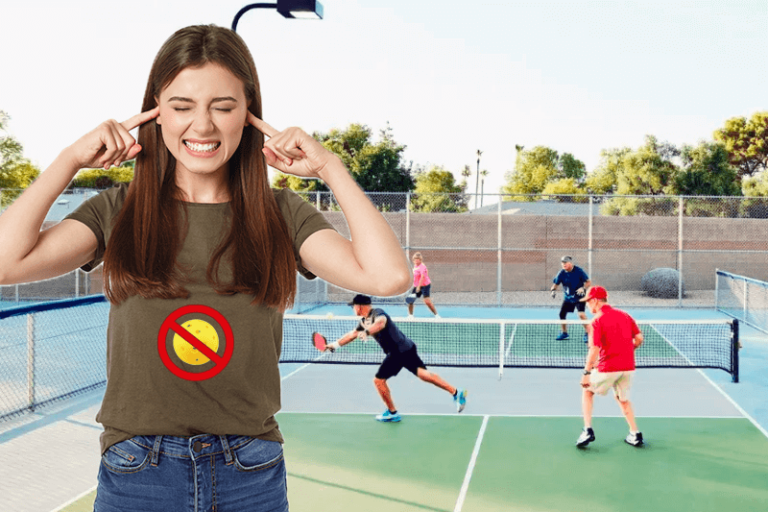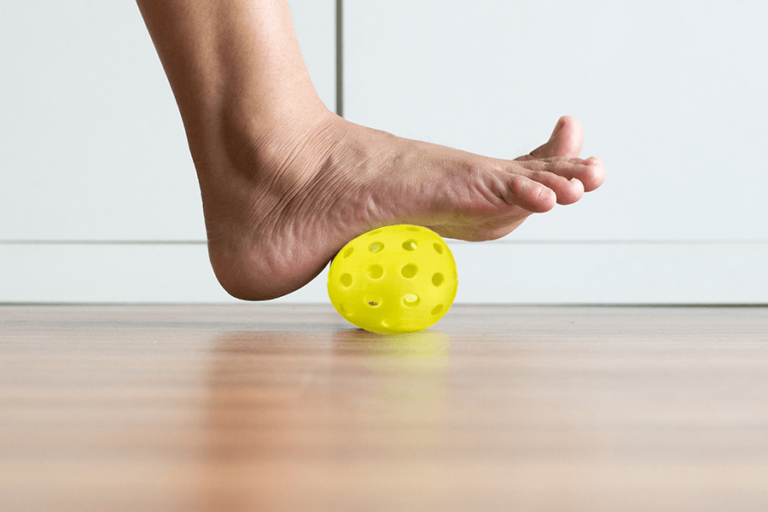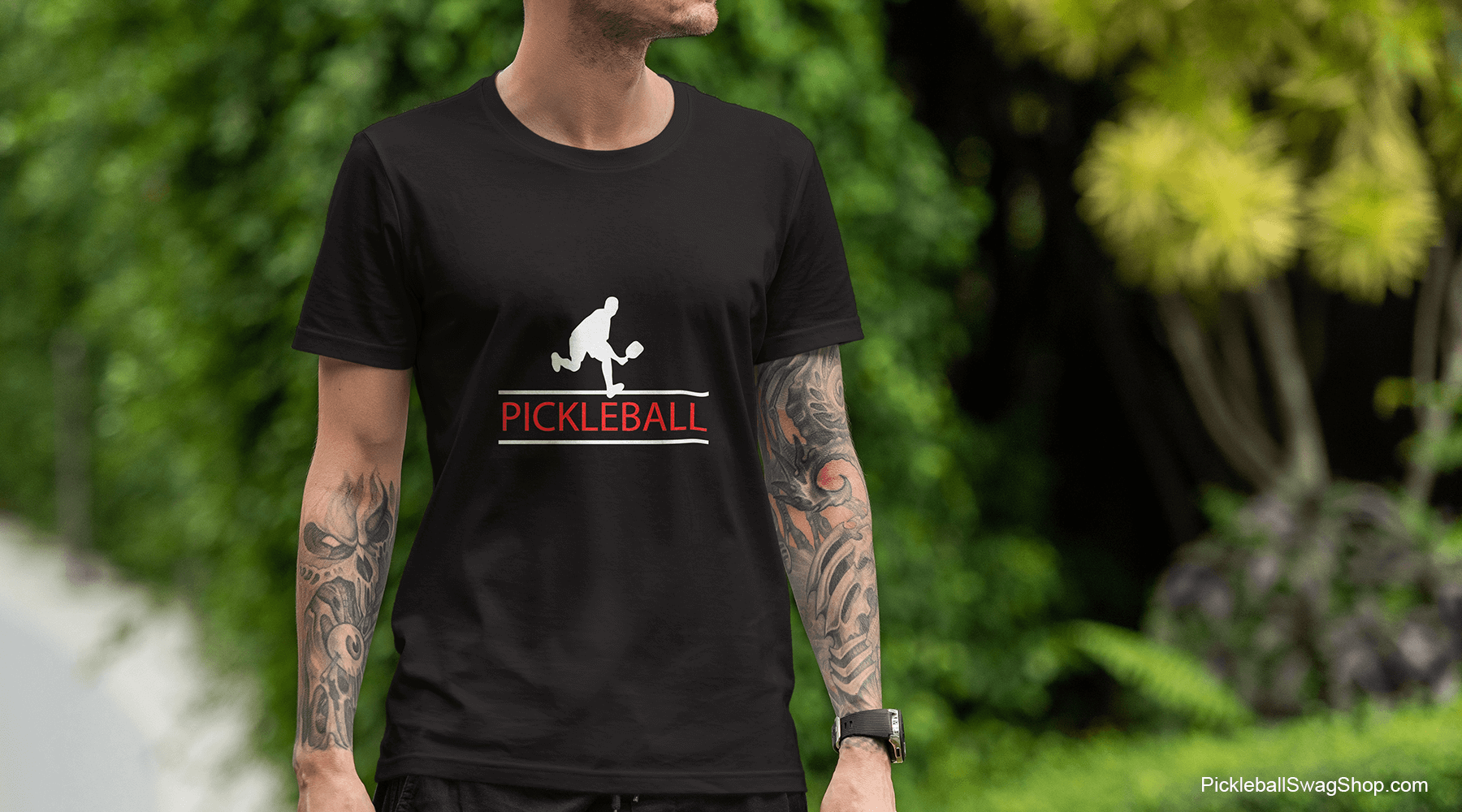Suing HOAs for Pickleball Noise: Facts & Myths
worth the time and money?
Introduction
From community centers to private backyards, pickleball has become ubiquitous. But with this newfound fame comes an unexpected side effect: noise. As pickleball courts multiply across neighborhoods, so do the grumbles and grievances from those living nearby.
The Rise in Litigation
“It’s not just about the sound of the ball hitting the paddle; it’s the echoing cacophony that reverberates across the community, leading to disturbed afternoons and sparking tensions.” – Pickleball Noise Impact
The increased noise levels associated with pickleball have resulted in a startling spike in litigation. Here are some of the notable aspects:
| Year | Number of Cases | Primary Cause |
|---|---|---|
| 2019 | 120 | Noise Disputes |
| 2020 | 200 | Court Installation Near Homes |
| 2021 | 320 | Inadequate Noise Barrier Installation |
| 2022 | 525 | Health Issues / Home Values |
- Escalating Complaints: From merely a handful of complaints a few years ago, legal actions related to pickleball noise disturbances have multiplied. This phenomenon isn’t isolated to a particular state but is a nationwide concern.
- Noise as the Culprit: A study reveals that the primary reason behind these litigations is the noise disturbances. Residents within the earshot of pickleball courts often find the noise levels unsettling, leading them to seek legal interventions.
- Exploring Solutions: As the disputes rise, communities are actively seeking solutions. From the installation of sound barriers to debunking myths about pickleball noise, various strategies are being employed to address the concerns of aggrieved residents.
Understanding HOA’s Role and Responsibility
Homeowners Associations (HOAs) often find themselves in a precarious position when it comes to pickleball noise complaints. These entities, tasked with maintaining a harmonious community environment, are sometimes unaware of the ripple effects a pickleball court can produce until it’s too late.
- Definition and Role: HOAs are organizations in a subdivision, planned community, or condominium that create and enforce rules for the properties and their residents. They may have a say in various aspects, from the house color, front lawn signs and the installation of sports (ah… pickleball) facilities.
- Duty to Address Concerns: When residents come forward with complaints, it’s the HOA’s responsibility to address them. This means mediating disputes, investigating the validity of complaints, and potentially seeking sound mitigation solutions for pickleball courts.
- Balancing Act: The challenge for HOAs lies in balancing the interests of pickleball enthusiasts in the community and those that may be disturbed by the noise. With articles like Cancel the Pickleball Sound: Expert Opinions providing insights into noise mitigation, HOAs have resources at their disposal to find a middle ground.
Legal Grounds for Suing an HOA for Pickleball Noise
Before rushing to litigation, it’s essential to understand the legal grounds upon which one might have a valid case against an HOA due to pickleball noise.
1. Breach of Covenants: Most HOAs have covenants that guarantee homeowners the right to “quiet enjoyment” of their property. If pickleball noise is excessive and demonstrably disrupts this right, homeowners might have a case. Many HOAs are scrambling to rewrite their bylaws and covenants.
2. Nuisance Claims: If the noise level can be proven to be a consistent disturbance that decreases property value or significantly interferes with one’s quality of life, it could be grounds for a nuisance claim.
3. Failure to Enforce Rules: HOAs have an obligation to enforce the community’s rules. If there’s a rule about noise levels and it’s not being enforced, residents might have legal grounds to sue.
However, it’s also essential to differentiate between an actual disturbance and personal inconveniences. If you’re diving into the deeper aspects of pickleball noise disputes, our in-depth article on Homeowners and Noise Disputes provides a comprehensive look at past cases and outcomes.
Sport Your Spirit: Pickleball Noise Apparel
Embrace the lighter side of pickleball with our whimsical t-shirt collection, specifically designed to humorously target the noise detractors of our beloved sport! Each shirt expresses the collective joy of the pickleball community, gently poking fun at those who find its characteristic sound bothersome.
Debunking Myths Surrounding Pickleball Noise
The rising concern over pickleball noise has given birth to numerous myths and misconceptions. To understand the real issue, it’s crucial to distinguish fact from fiction.
- Myth: Pickleball is louder than other sports like tennis or badminton.
Reality: The noise can be similar to other racket sports. The perceived loudness often arises from the proximity of courts to residences. Dive deeper into this subject by visiting Debunking Myths About Pickleball Noise. - Myth: All pickleball balls and paddles produce the same volume of noise.
Reality: Different materials and designs can alter the sound emitted. Choosing the right equipment can mitigate noise concerns.
Expert Opinions on Pickleball Noise
Scientific and expert insights can provide an objective perspective on the noise produced during a pickleball game.
- Decibel Levels: Studies have shown that the decibel levels of pickleball, while distinct, are not necessarily louder than urban ambient noise.
- Comparative Analysis: When compared to other recreational activities, pickleball’s noise might be more rhythmic and frequent, leading to increased noticeability.
- Mitigation Measures: Acoustic experts suggest solutions ranging from strategic court placements to the installation of sound barriers. You don’t need a export pickleball sound engineer either – most of this is common sense.
Historical Context: Noise Disputes and Resolutions
Pickleball isn’t the first sport to raise community noise concerns. History has witnessed similar debates over children’s playgrounds, basketball courts, and even church bells.
- Past Solutions: In many instances, the key has been communication and compromise. By adjusting play hours or implementing sound barriers, communities have found harmony.
- Relevance to Pickleball: Drawing parallels from past disputes can guide pickleball enthusiasts and HOAs to mutually beneficial solutions. Delve into past instances and their resolutions in Homeowners and Noise Disputes.
The Ongoing Mystery Surrounding Pickleball Noise
The consistent thwack of the ball against the paddle and the court’s surface has intrigued many. Why does pickleball noise seem so pronounced?
- Frequency of Strikes: A typical pickleball game involves rapid volleys, leading to consistent noise.
- Court Acoustics: Depending on the court’s construction material, sound can reverberate differently. Understand more about this enigma in The Noise Mystery of Pickleball.
Addressing the Impact of Pickleball Noise on Communities
While noise remains a concern, it’s essential to weigh the sport’s broader impact on communities.
- Benefits: Beyond recreation, pickleball fosters community bonding, offers health benefits, and often boosts local economies.
- Challenges: The noise can be disruptive, leading to disputes and affecting the tranquility of a neighborhood. Explore both sides in-depth with our article on Pickleball Noise Impact.
Conclusion
The debate over pickleball noise, while layered and complex, underscores the importance of communication and understanding. As the sport continues to grow in popularity, it presents an opportunity for communities to come together, address concerns, and find solutions that celebrate the game while respecting everyone’s peace.

